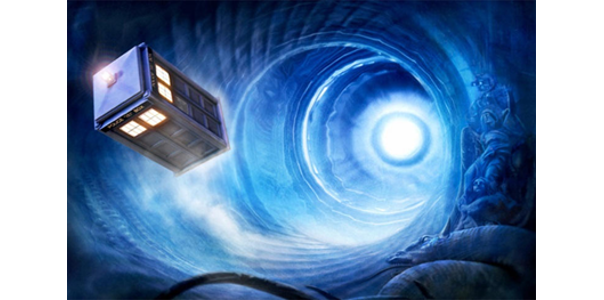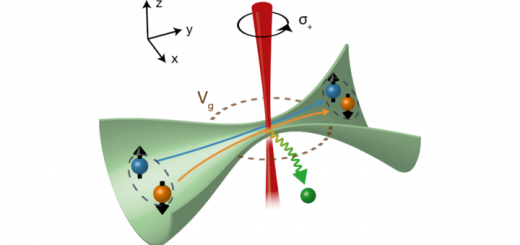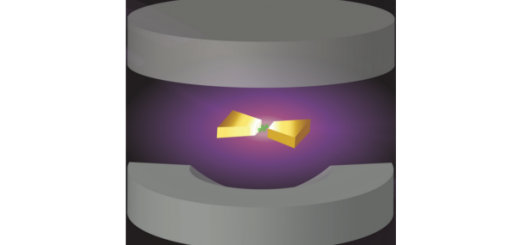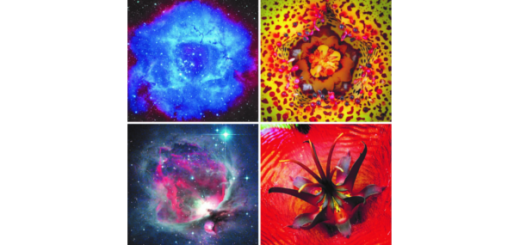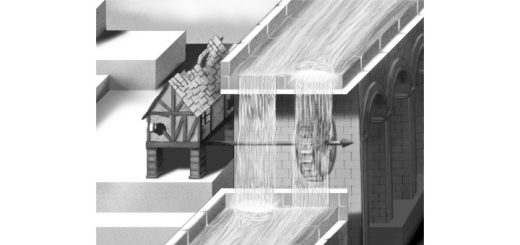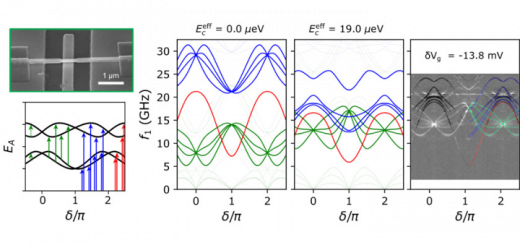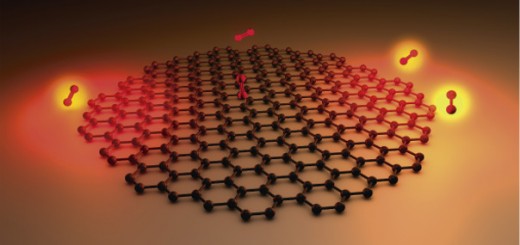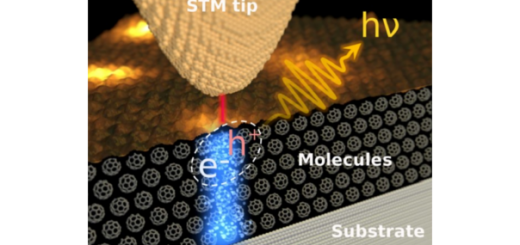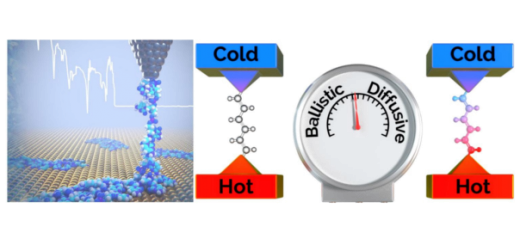Superconductors and Quantum Information Preservation in Black Holes
Title: Superconductors and Quantum Information Preservation in Black Holes.
When: Tuesday, January 30, (2018), 12:00.
Place: Department of Theoretical Condensed Matter Physics, Faculty of Science, Module 5, Seminar Room (5th Floor).
Speaker: Andrew N. Jordan, Department of Physics and Astronomy, University of Rochester, New York, USA.
This talk will demonstrate how the quantum information entering black holes is analogous to quantum information entering a superconductor. The analogy maps the interior of a black hole to a superconductor, and the exterior of the black hole to a normal metal. We show that the metal-superconductor interface can be thought of as an event horizon: The proximity effect in superconductor-metal interfaces (where Cooper pairs tend to form in the normal metal) is analogous to electron-positron creation at the event horizon in black-holes, which gives rise to Hawking radiation. Existing ideas of preserving quantum information entering black holes – the Preskill informational mirror, and the Horowitz-Maldacena mechanism for black-hole evaporation (which necessitates a unique final state for the black-hole), can be exactly realized as quantum information swapping or transfer using Andreev reflection processes. I will present mesoscopic physics analogs to wormholes with crossed Andreev reflection – and conjecture that the BCS ground state also describes the final quantum state of a black hole.
References
- Andreev reflections and the quantum physics of black holes, Sreenath K. Manikandan and Andrew N. Jordan, Phys. Rev. D 96, 124011, (2017).

